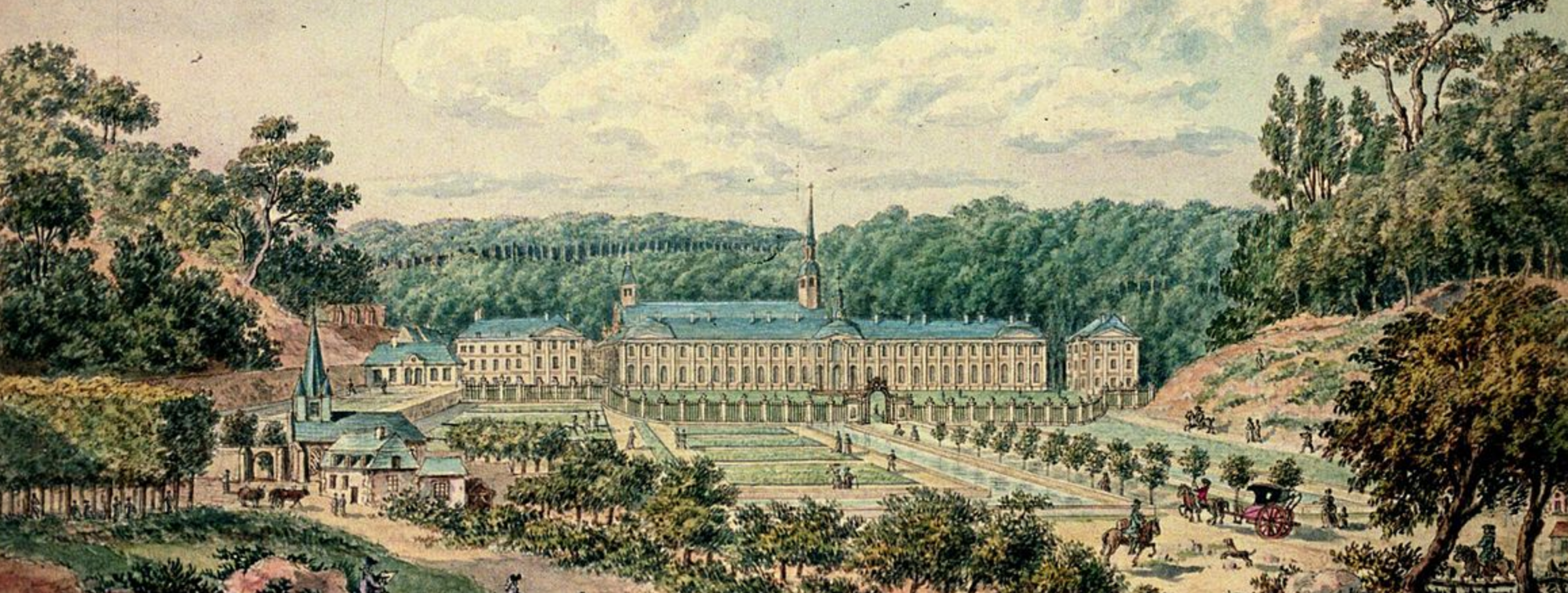I’m so thrilled to be able to say that the edition of the thirteenth-century cartulary of the abbey of Saint-Jean-Baptiste de Prémontré, which Heather Wacha and I have been working on for a number of years now, will appear in print this July with University of Toronto Press. It’s currently available for pre-order through the press’s website, and at all good booksellers. This project has most definitely been a labour of love for Heather and myself, and we’re so glad to be able to share with you this manuscript which we think has so much to offer to historians of northern France in the Middle Ages.
The Cartulary of Prémontré offers a full critical edition, consisting of a transcription of the cartulary’s 509 charters together with historical notes and apparatus. The thirteenth-century cartulary of the abbey of Saint-Jean-Baptiste de Prémontré is one of the few manuscripts to survive from this monastery. Offering a window into daily life in medieval France and to contemporary documentary practices, the cartulary of Prémontré is a rich source for the socio-economic and religious history of the Picardy and Champagne regions during the twelfth and thirteenth centuries.
The charters contained in the cartulary illuminate how this major northern French abbey functioned as a mother house for the Premonstratensian Order, and how it interacted with people – both elite and non-elite as well as secular and ecclesiastical. It also reveals the complexities of cartulary production within a larger institutional and archival context.
In an introductory essay, Heather Wacha and Yvonne Seale consider not only the history of the manuscript and of the abbey of Prémontré, but also the cartulary’s materiality, its place within the broader field of cartulary studies, and what it shows us about women’s roles in contemporary society. In doing so, this volume offers new connections between the field of cartulary studies and feminist studies.
